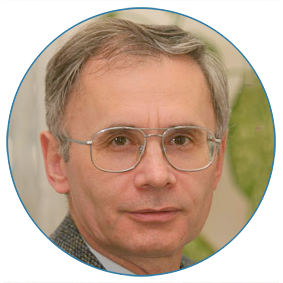
Béla Iván
HUN-REN Research Centre for Natural Sciences,
Budapest, Hungary
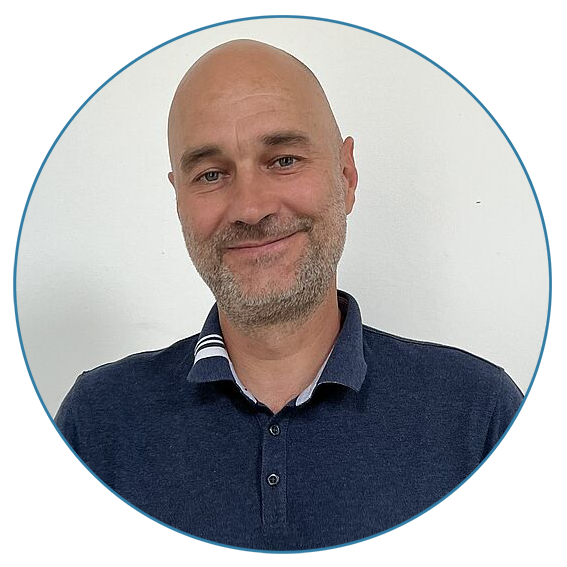
Alexander Bismarck
Institute of Materials Chemistry & Research, University of Vienna, Austria

Klaus Bretterbauer
Institute for Chemical Technology of Organic Materials, Linz, Austria
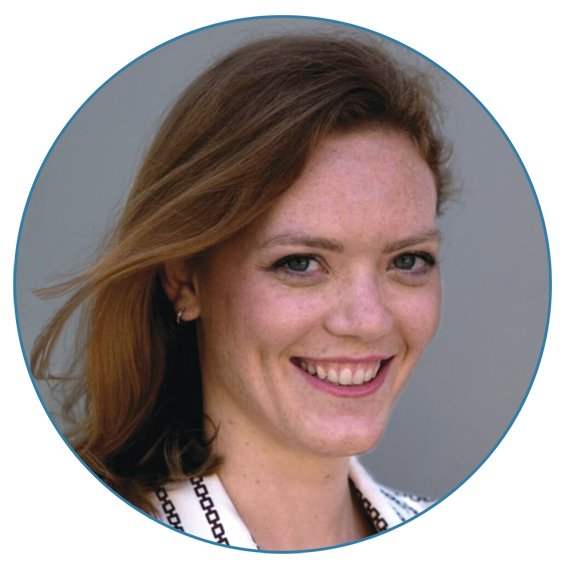
Katharina Ehrmann
Additive Manufacturing Team at TU Wien, Wien, Austria
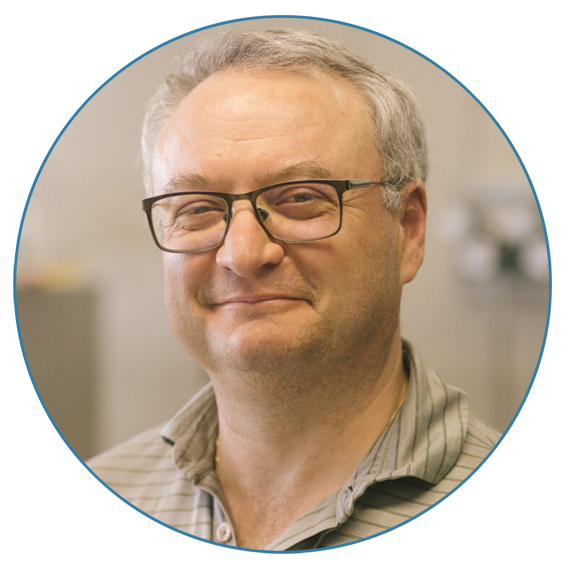
Pavel Izák
Senior researcher at Institute of Chemical Process Fundamentals of Czech Academy of Sci., Czech Republic

Peter Krajnc
PolyOrgLab, University of Maribor, Slovenia
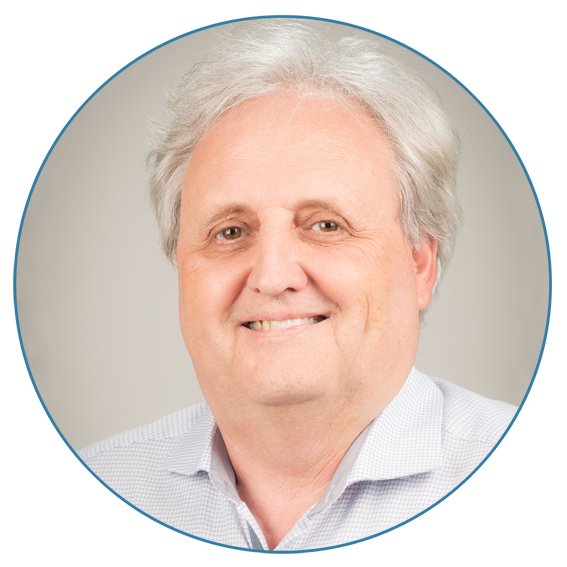
Zoltan Major
Institute of Polymer Product Engineering, Johannes Kepler University Linz, Austria
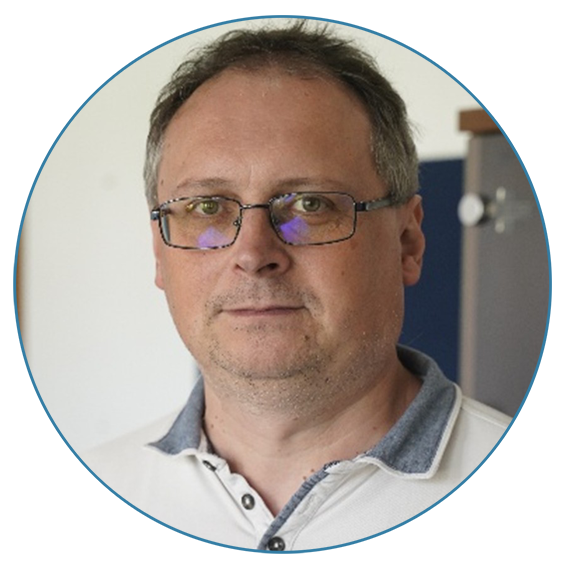
Jaroslav Mosnacek
Polymer Institute of the Slovak Academy of Sciences, Bratislava, Slovakia
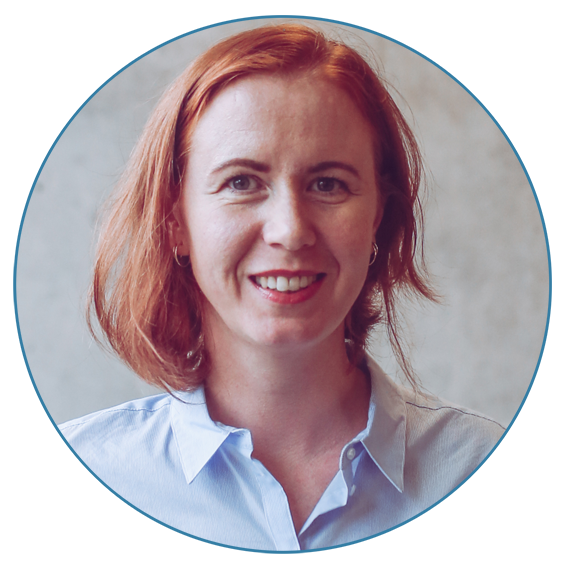
Jana Navrátilová
Tomas Bata University in Zlín Faculty of Technology, Czech Republic
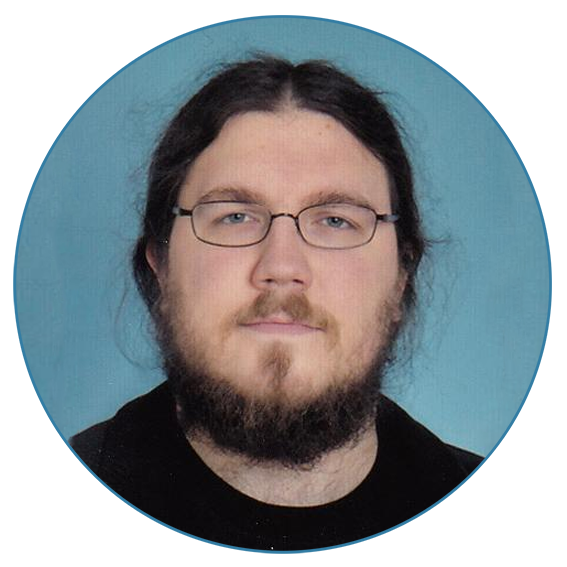
David Pahovnik
Department of Polymer Chemistry and Technology at the National Institute of Chemistry, Ljubljana, Slovenia
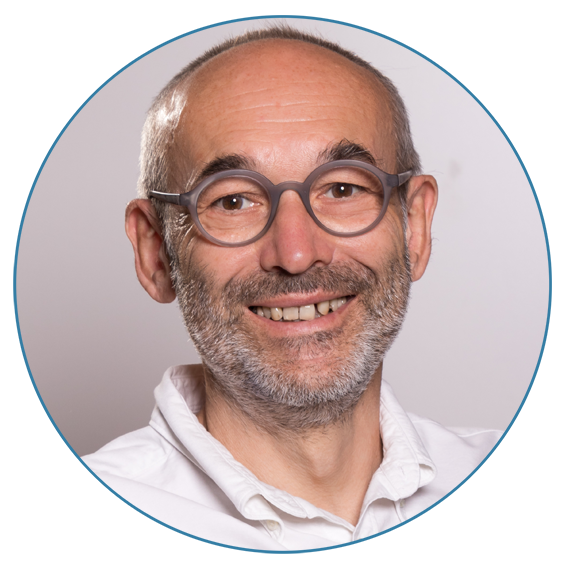
Christian Paulik
Institute for Chemical Technology of Organic Materials at Johannes Kepler University (JKU) in Linz, Austria
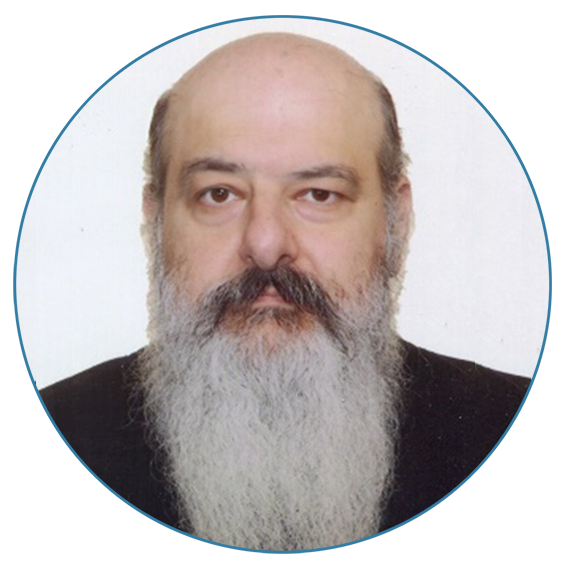
Marinos Pitsikalis
Synthesis of star-shaped poly(n-hexyl isocyanate) homopolymers via coordination polymerization and core-first methodology using half-titanocene alkoxy complexes
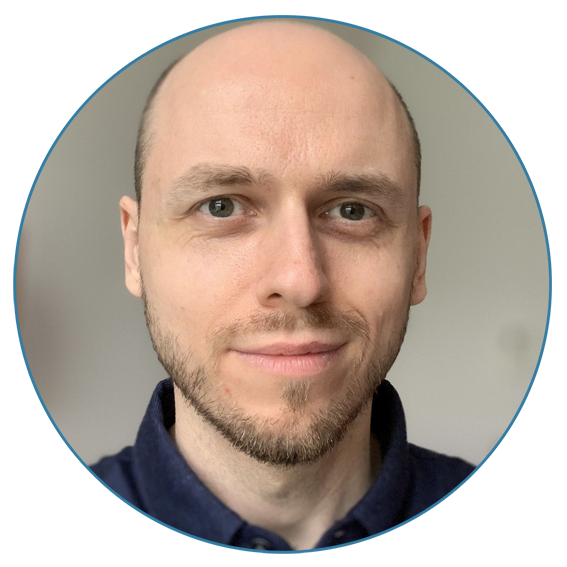
Vladimír Raus
Department of Controlled Macromolecular Synthesis, Institute of Macromolecular Chemistry, Czech Academy of Sciences (IMC CAS), Czech Republic
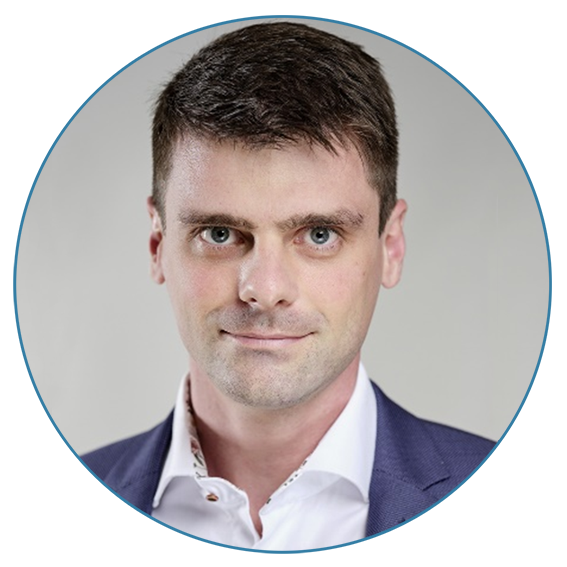
Christian Roßner
Group Leader bei Leibniz-Institut für Polymerforschung Dresden
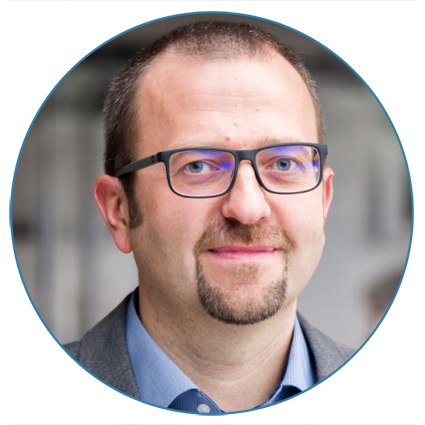
Andrzej Rybak
ABB Corporate Technology Center, Kraków, Poland
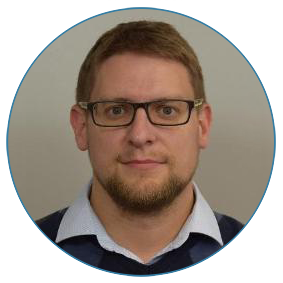
Ondřej Sedláček
Polymer Synthesis and Biomaterials, Charles University Prague, Czech Republic
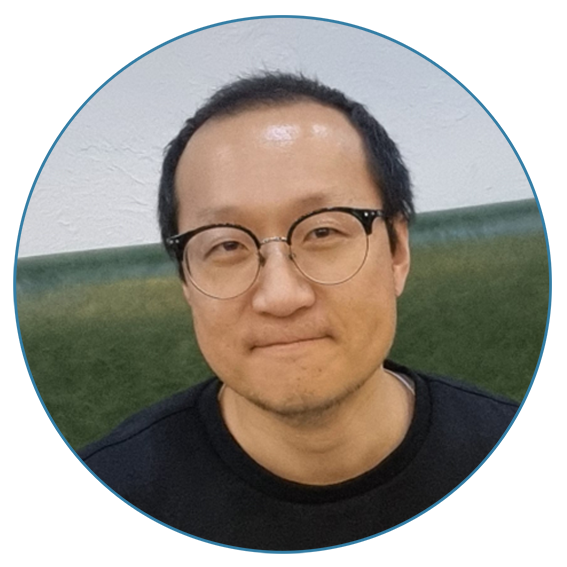
Jae Hyun Sim
Research Institute for Convergence of Basic Science and department of Chemistry at Hanyang University in Seoul, South Korea
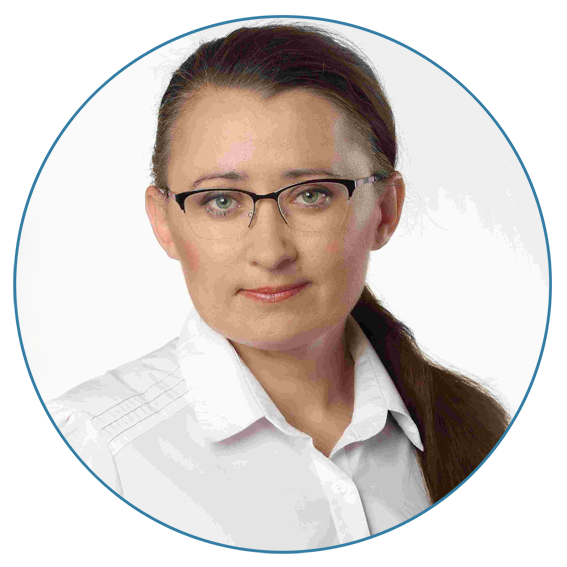
Elena Tomšík
Institute of macromolecular chemistry CAS, Prague, Czech Republic
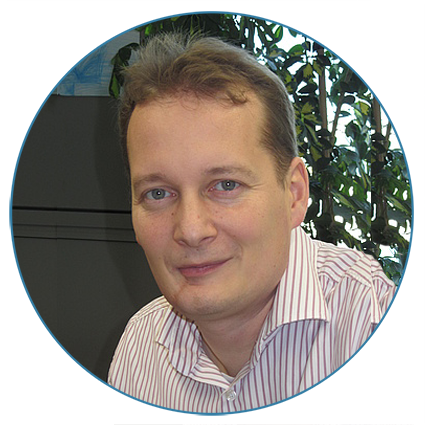
Gregor Trimmel
Institute for Chemistry and Technology of Materials
Graz University of Technology
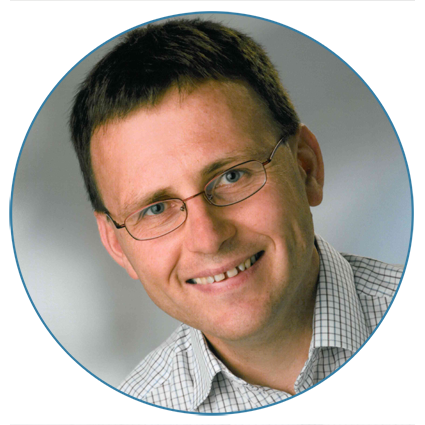
Gernot Wallner
University of Linz, Institute of Polymeric Materials and Testing, Linz, Austria

Ema Žagar
National Institute of Chemistry, Ljubljana, Slovenia
Christian Paulik
Univ. Prof. DI Dr. Christian Paulik heads the Institute for Chemical Technology of Organic Materials at Johannes Kepler University (JKU) in Linz. He earned his Ph.D. in Chemical Engineering at JKU Linz, specializing in polymer science. He worked in the polymer industry from 1995 to 2013, holding various research and international research management positions in the Borealis group. In 2010, he transitioned back to academia, becoming Full Professor at JKU Linz.
His various research interests include polymers, polymerization, catalyst technology, additives, recycling, sustainable chemistry, and high-pressure biotechnology. He actively contributes to the scientific community by organizing conferences and serving on committees (e.g., Hermann Francis Mark honor medal committee). His current research focuses on the polymerization and structure-property relations of polyolefins and specialty polymers, with an emphasis on recycling and sustainable practices. He is also active as an editor of the International Journal of Biobased Plastics.
Christian Paulik chairs the board for the JKU Open Lab in Chemistry, giving school pupils the opportunity to dive into the world of chemistry and attract them for natural sciences.
Since October 2019, he also acts as the Scientific Director of the Competence Center CHASE, focusing on sustainable solutions for the processing industry and guiding the strategic development of the CHASE Research Program, building bridges between academia and the chemical industry. With summer 2024 Christian Paulik also took up the responsibility as Scientific Head of the Energy Technology department of the Energieinstitut at the JKU Linz.
Katharina Ehrmann
Dr. Katharina Ehrmann is teamleader of the Additive Manufacturing Team at TU Wien, pursuing Habilitation. She is working on broadening the processing window of and rethinking the chemistry behind light-based ad ditive manufacturing of polymers to obtain high-performance parts with functionality and has recently been awarded the Elise Richter Fellowship to pursue new methodologies for multi-material 3D printing (4 years, 500k). She studied Chemistry at the University of Innsbruck (Austria) and the University of Edinburgh (UK). During her PhD in the group of Prof Robert Liska at TU Wien (Austria) Katharina developed self-reinforcing thermoplastic polyurethanes for tissue engineering applications. She then became a postdoctoral research fellow at the Queensland University of Technology (QUT, Australia) in 2021, where she worked on wavelength resolved photopolymer-networks in the group of Prof Christopher Barner-Kowollik and has remained a visiting research fellow at QUT since her return to TU Wien in 2023. She is also a member of the International Younger Chemists Network (IUPAC-affiliated), where she currently serves as Treasurer, and has received several prestigious prizes and fellowships such as the Dr Maria Schaumayer Dissertation Prize, Vienna Center in Engineering and Medicine Dissertation Prize, Christiana Hoerbiger Prize for young researcher mobility, the CAS Future Leaders fellowship, the FFG Female Innovator fellowship and most recently the Fehrer Prize for her research on multi-material printing.
Béla Iván
Béla Iván received his MS degree in chemistry and physics at the Loránd Eötvös University in Budapest, Hungary. Then, he was a recipient of a young scientist scholarship of the Hungarian Academy of Sciences (HAS), and joined to the Department of Macromolecular Chemistry of the Central Research Institute for Chemistry of HAS. After several reorganizations, he is still working for the same institute called currently as HUN-REN Research Centre for Natural Sciences (HUN-REN RCNS), Institute of Materials and Environmental Chemistry (IMEC), where he is the leader of the Polymer Chemistry Research Group. He is also an adjunct professor at the Loránd Eötvös University. He is an elected member of the HAS since 2013.
His research focuses on polymerization reactions, including mainly quasiliving free radical and carbocationic polymerizations, synthesis of novel well-defined functional polymers and their application for constructing and revealing structure-property relationships of multicomponent polymer assemblies, such as block copolymers, responsive (smart) polymers, conetworks and nanohybrids therefrom, degradation, stabilization and modification of polymers, polymer recycling, environmentally advantageous polymerization processes, monomers and polymers from renewable resources, and environmental protection, energy and medical related applications of polymers.
In addition to his work in Budapest, he worked as visiting scientist, Humboldt Fellow and guest professor at the University of Akron (USA), University of Mainz (Germany) and the Technical University of Denmark, respectively, altogether for about 15 years. He has more than 420 publications, including several book chapters, holds more than 20 patents, and he coauthored a book with Prof. J. P. Kennedy entitled “Designed Polymers by Carbocationic Macromolecular Engineering: Theory and Practice”.
David Pahovnik
Dr. David Pahovnik is a researcher in the Department of Polymer Chemistry and Technology at the National Institute of Chemistry, Ljubljana, Slovenia. He received his PhD in Chemistry from the Faculty of Chemistry and Chemical Technology at the University of Ljubljana in 2012. In 2013-2014 he was a postdoctoral fellow at prof. Nikos Hadjichristidis group in the Polymer Synthesis Laboratory, King Abdullah University of Science and Technology (KAUST), Saudi Arabia. His research work focuses on the synthesis and characterization of polymers prepared by ring-opening polymerization of various heterocyclic monomers.
Ema Žagar
Dr. Ema Žagar received her PhD from the Faculty of Chemistry and Chemical Technology at the University of Ljubljana in 1999. From 2012, she has been head of the Department of Polymer Chemistry and Technology at the National Institute of Chemistry. Her current research interests include polymer recycling and comprehensive characterization of complex polymers. She is (co-)author of 137 peer-reviewed papers, two granted patents and six patent applications.
Peter Krajnc
Completed PhD studies at Ljubljana University, Slovenia in 2000, from 2001-2002 Marie Curie Fellow at University of Durham, Great Britain. Moved to Maribor University, Slovenia for a tenure position becoming a professor in 2012, running the PolyOrgLab group. Served as vice dean at the Faculty of Chemistry between 2012 and 2023. Visiting professor at University of Technology Graz, Austria, University of Technology Vienna, Austria, Institute of Macromolecular Chemistry Prague, Czechia. Research interest include porous polymers and role of biological polymers.
Jaroslav Mosnacek
Jaroslav Mosnacek was graduated in 1998 in Organic chemistry at Comenius University in Bratislava and obtained his PhD. in 05/2002 and DSc. in 09/2016 in Macromolecular chemistry at Polymer Institute SAS. After defence of his PhD. thesis, he spent totally almost 4 years as a postdoc in Italy (prof. Ciardelli), Poland (prof. Penczek), Saudi Arabia (prof. Basfar) and USA (prof. Matyjaszewski). Since 06/2015 till 01/2024 he was a head of Department of Synthesis and Characterization of Polymers and since 01/2019 he is a director of the Polymer Institute. His research interest is focused on the synthesis of well-defined vinyl polymers and surface modifications using living/controlled (photo)polymerizations as well as synthesis of functional polymers from renewable monomers. During last ten years he was a principal (co)investigator of 6 national research projects and 3 international projects. He is (co)author of 125 SCI publications cited 3000 times with h-index of 29, 3 book chapters, 1 university textbook and 3 patents.
Gregor Trimmel
Gregor Trimmel obtained his MSc-degree as well as his PhD at the Vienna University of Technology. Within his PhD-thesis as well as during his subsequent post-doctoral research stays at the University Paris VI, Pierre and Marie Curie in France and the University of Padova, Italy, he focused on the synthesis and characterization of inorganic-organic hybrid materials. He joined the Institute for Chemistry and Technology of Materials (ICTM) at the Graz University of Technology in 2002 and finished his habilitation in 2008 on synthetic routes towards functional polymers and patterned surface layers. In 2019, he was appointed as full professor for Chemistry and Technology of Organic Materials. Since 2004, he leads the photovoltaic materials research group at the ICTM, focusing on emerging solar cell materials, especially perovskite and polymer-based solar cells.
Andrzej Rybak
Andrzej Rybak received an M.S. degree in Technical Physics (2001) and a Ph.D. degree in Polymer Science (2006) from the Lodz University of Technology. During Ph.D. studies he was involved in several projects concerning development of the organic semiconductors and their application in the optoelectronic devices. He gained experience in polymer science during the postdoctoral positions at INSA Lyon and University Lyon 1 in the field of conductive polymer composites and their application as smart materials, e.g. electrical current limiters, electro-strictive devices and hybrid photovoltaic cells. In 2009, he joined the ABB Corporate Technology Center in Krakow where he is focused on the development of the advanced materials for the future sustainable electrification products.
Gernot Wallner
Gernot Wallner obtained his PhD and Habilitation in the field of Functional Polymeric Materials at the University of Leoben (Austria). Already in his PhD-thesis, he put focus on the development and lifetime assessment of polymeric materials for regenerative energy technologies. Special expertise on the optical, thermal and electrical properties of plastics was established during research stays at the Fraunhofer-Institute for Solar Energy Systems (Freiburg, GER). From 2006-2008 he was member of the guest lecturer team implementing an elective on polymer engineering and science at Khalifa University in Abu Dhabi (UAE). In 2010, he joined the Institute of Polymeric Materials and Testing at the University of Linz. Since 2020, he leads the Christian Doppler lab for Superimposed Mechanical-Environmental Ageing of Polymeric Hybrid Laminates.
Zoltan Major
Zoltan Major was born in 1961 in Karcag, Hungary. He studied mechanical engineering with the specialization of “Materials and Manufacturing” at the University of Miskolc in Hungary. He finished his PhD at the Institute for Materials Science and Testing of Plastics at the Montanuniversität Leoben (Austria) in the field of Polymer Engineering and Science and was employed as university assistant until 2008. He was senior and later key researcher also at the Polymer Competence Center Leoben GmbH. Prof. Major is since 2009 the Head of the Institute of Polymer Product Engineering (IPPE) at the Johannes Kepler University Linz (Austria) and deals with various aspects of design and simulation of polymeric and composite materials and components. He actively contributes to the scientific community by organizing national and international conferences (e.g., M3d+it (from 2016 to 2024) and IC3DTH 2025 – The International Conference on 3D Technologies in Hospitals, International Symposium on Impact Engineering (ISIE)) and serving on various committees. He is a founding member and vice chairman of the European Structural Integrity Society ESIS Austria Group and member of the ESIS TC4 Polymers and Composites group. In addition to the Polymer Engineering, he is responsible for several courses in the Medical Engineering at the JKU and established successful research cooperation with the Neurosurgery and Orthopedics groups of the Kepler University Clinic. Furthermore, he is the chairman of the study commission for the MSc program Sustainability and Plastic Management at the JKU and the JKU representative for the Work Package 6: Sustainable Cities and Communities in the frame of the European Campus City Universities (EC2U) cooperation.
Marinos Pitsikalis
Marinos Pitsikalis received his B. Sc. (1989) and Ph. D. (1994) in Chemistry from the National and Kapodistrian University of Athens, Greece. He worked as a Postdoctoral Fellow at the University of Alabama at Birmingham, USA (1995-1996). He was elected Lecturer (1998), Assistant Professor (2002), Associate Professor (2009) and Full Professor (2014) at the Industrial Chemistry Laboratory of the Department of Chemistry of the National and Kapodistrian University of Athens. He worked as a Visiting Scientist at the University of Milano (March 1991), University of Alabama at Birmingham, USA (September-October 1993), Max Plank Institute for Polymer Science, Germany (August 1994), National Institute for Standards and Technology, USA (December 1995), IBM Almaden Research Center, USA (February 1995), University of Wisconsin (September 2002), and the University of Tennessee, Knoxville, USA (August 2003 and August 2005). His research interests involve the synthesis and characterization of complex macromolecular architectures by a variety of well-controlled and living polymerization techniques, the self-assembly behavior of copolymers in selective solvents and in bulk and the study of the thermal properties and the kinetics of thermal decomposition of polymers. He is the co-author of approximately 185 papers, review papers and book chapters. He has more than 10,000 citations and an h-index equal to 44.
Pavel Izák
Born in Prague in 1971, in 1996 he graduated from the University of Chemistry and Technology in Prague and at the same university he defended his PhD in 2002. In the same year he joined the Institute of Chemical Process Fundamentals of the Academy of Sciences of the Czech Republic, where in 2014 he defended the DSc, a Doctor of Chemical Sciences, and in 2015 he became a senior scientist and head of the scientific department. During his studies he stayed at prestigious universities (University of Rostock, Germany, New University of Lisbon, Portugal, Pacific Northwest National Laboratory, University of Newcastle, UK; Haifa Technion, Israel, University of Heidelberg, Germany. P. Izak dealing with separation of gases, vapors and liquids through non-porous membranes for 30 years. He won a number of awards: Outstanding Performance Award, US Department of Energy, Czech Head of Engineering, E.ON Global Energy Award, ERSTE Corporate Banking, He published more than 120 scientific publications with a total number of citations above 3000, H-index = 32. He is a member of a wide range of scientific councils and national and foreign scientific committees including member of Editorial Board of Separation and Purification Technology, IF=9; D1.
Jae Hyun Sim
Jae Hyun Sim received a Ph.D. degree in Physical Chemistry (2012) from Virginia Tech., United States. In pursuing his Ph.D., he focused on the solution properties of polysaccharides with scattering methods. In 2013 ~ 2016 he had joined postdoctoral fellow at prof. Tanaka Keiji group in Applied Chemistry department, Kyushu University, Japan. In his stay at Japan, he started researches of polymer characterization and dynamics at the interface. In 2016, he joined the Institute for Convergence of Basic Science at Hanyang University. His research interests lie in the field of Physical Chemistry and characterization of polymers.
Christian Roßner
Christian Roßner is a group leader at the Leibniz Institute of Polymer Research Dresden and Assistant Professor at the University of Chemistry and Technology Prague. He did his M.Sc. (2013) and PhD (2016) at the University of Göttingen working in the fields of polymer chemistry and nanoscience with Philipp Vana. He joined the group of Gerald Kothleitner at the Institute of Electron Microscopy and Nanoanalysis in Graz and subsequently University of Toronto to explore surface patterning of nanoparticles together with Eugenia Kumacheva. His research focuses on the design, synthesis, and characterization of polymer-based hybrid nanomaterials for catalytic and sensing applications.
Ondřej Sedláček
Ondřej Sedláček received his Ph.D. degree in 2015 from the Institute of Macromolecular Chemistry of the Academy of Sciences of the Czech Republic, specializing in polymeric drug delivery systems for nuclear medicine. Following his postdoctoral research at the National Institute for Materials Science in Tsukuba, Japan (group of K. Ariga) and Ghent University in Belgium (Group of R. Hoogeboom), he joined Charles University Prague, Czech Republic, in 2020 to lead an independent research group focusing on Polymer Synthesis and Biomaterials. His research interests encompass the synthesis of biocompatible polymers and the development of stimuli-responsive supramolecular polymer systems for use in drug carriers and diagnostics. Specifically, he focuses on biomaterials based on poly(2-oxazoline)s, water-soluble fluorinated polymers for magnetic resonance imaging, and smart drug delivery systems created through polymerization-induced self-assembly (PISA).
Klaus Bretterbauer
Klaus Bretterbauer earned his doctorate in technical chemistry at Johannes Kepler University Linz in 2010, focusing on the synthesis and characterization of novel methylmelamine-based advanced synthesis building blocks. During his postdoctoral research, he established his first research group, which concentrated on the synthesis and testing of nanoparticle-immobilized polyolefin stabilizers. From 2014 onward, he expanded his expertise in international project management and medical device development at Profactor GmbH and Greiner Bio-One. Since 2019, he has been an assistant professor at Johannes Kepler University Linz, leading a research group in polymer synthesis and materials science. Currently, he works on the synthesis, characterization, and application-oriented testing of charged brush polymers. These structurally tailored polyelectrolytes are optimized for their structure-property relationships and are used in battery applications and artificial signal transmission.
Jana Navrátilová
Jana Navratilova graduated at Tomas Bata University in Zlin, Czech Rebulic, Faculty of Technology in the field of leather, plastics and rubber technology in 2004. She obtained PhD in 08/2007 in Technology of macromolecular substances. Since then she is working as an academic at the Department of Polymer Engineering at the same university. Since 2021, she is the director of the department. Her research interest is focused on interrelations between processing, structure and degradability of polyolefines and isotactic polypropylene in particular.
Vladimír Raus
Dr. Vladimír Raus is a researcher in the Department of Controlled Macromolecular Synthesis, Institute of Macromolecular Chemistry, Czech Academy of Sciences (IMC CAS). He received his MSc. in Organic Chemistry and Ph.D. in Macromolecular Chemistry (2012) from Masaryk University, Brno, Czechia, with his Ph.D. research conducted in Prague at IMC CAS. In 2016-2017, he was a postdoctoral fellow in the group of Dr. Igor Lacík at Polymer Institute, Slovak Academy of Sciences, Bratislava, Slovakia. His research work focuses on controlled synthesis and modification of polymers in diverse contexts, including polysaccharide chemistry, controlled radical polymerization, complex polymeric architectures, chemistry of poly(2-isopropenyl-2-oxazoline), polyelectrolytes for cell encapsulation, amphiphilic copolymers for membrane protein isolation, or polymers for coatings applications. These research activities have been supported by national and international funding agencies and also by industrial partners.
Elena Tomšík
Dr. Tomšík Elena is senior scientist and a deputy head of the department of conducting polymers at the Institute of macromolecular chemistry AS. Her works has been focused on the synthesis and properties of semiconducting polymers. As is well known achieving of ordering in semi-conducting polymer which determines their performance in electronic, electrochemical and photonic applications remains a true challenge. Last few years she has been working on the understanding the nature of the driving force of polyaniline and poly(3,4-ethylenedioxythiophene) ordering. She, also, works in the direction of new methods of polymer synthesis, particularly application of acid-assisted method. Moreover, her research is focused on the applying of obtained knowledge for sensor design and energy storage devices.
She published 74 papers in international journals, 2 patent, >3100 citations (2543 without auto-citations), h-index: 24, 6 lectures were delivered on the international conferences and as invited scientist. She has received several prestigious prizes and fellowships such as Prémie Otto Wichterle for the scientist up to 35 years (2015) and Prize Wernera von Siemense for the most significant achievement in fundamental research (2024).
